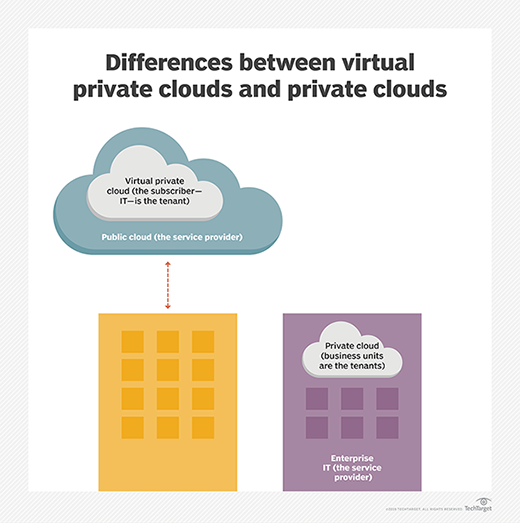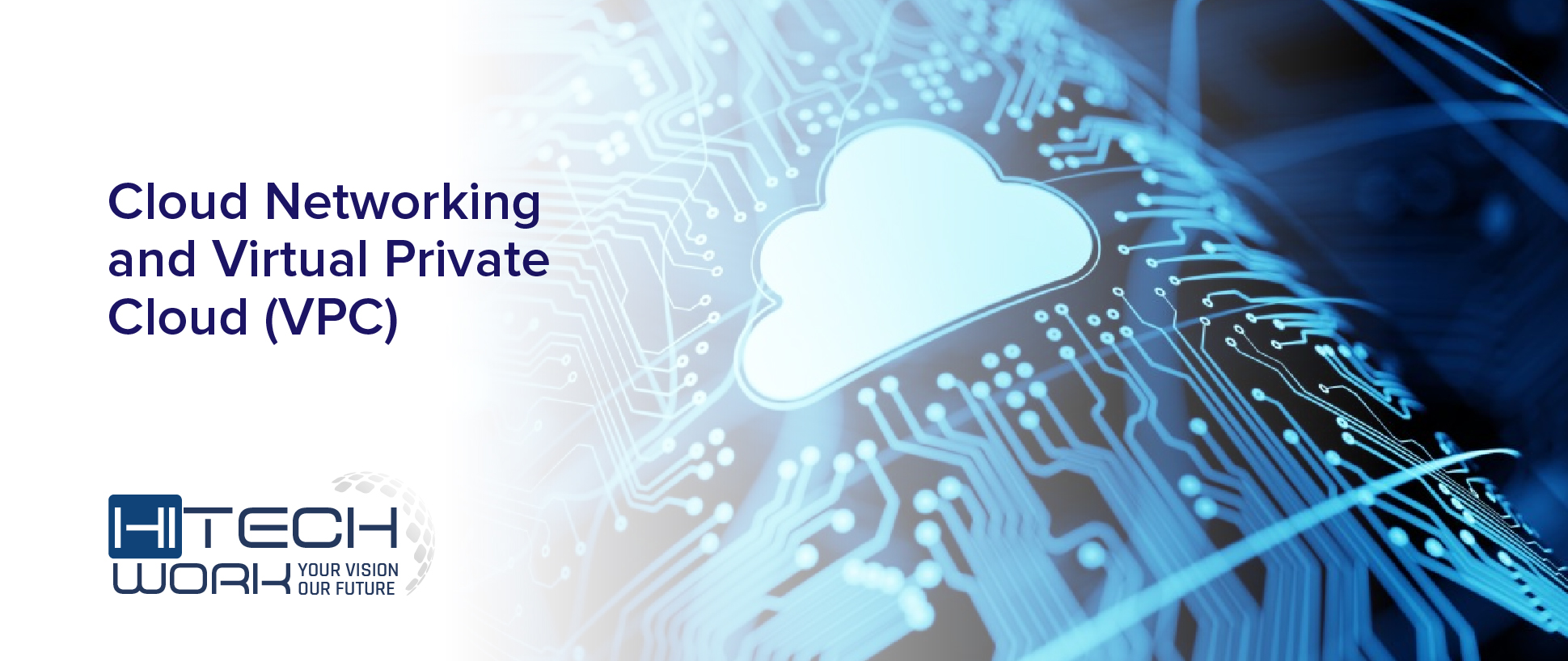In today's interconnected world, businesses are increasingly relying on cloud computing to manage their Internet of Things (IoT) devices and data. The terms "IoT Virtual Private Cloud" and "VPC" often come up in discussions about secure cloud infrastructure. Understanding the differences and use cases of IoT Virtual Private Cloud vs VPC is crucial for organizations aiming to optimize their cloud strategies.
As more devices join the IoT ecosystem, the need for robust, scalable, and secure cloud environments becomes paramount. Both IoT Virtual Private Cloud and VPC play critical roles in this landscape, but they cater to different needs and scenarios. This article will explore the nuances of both solutions, helping you make an informed decision.
Whether you're a tech enthusiast or a decision-maker in a growing enterprise, this guide will provide you with the insights you need to harness the full potential of cloud technology for your IoT projects.
Read also:Sza Height Everything You Need To Know About The Rising Rampb Star
Table of Contents
- Introduction to IoT Virtual Private Cloud
- What is VPC?
- IoT Virtual Private Cloud vs VPC: Key Differences
- Use Cases for IoT Virtual Private Cloud
- Use Cases for VPC
- Security Considerations in IoT Virtual Private Cloud vs VPC
- Scalability and Performance
- Cost Comparison
- Implementation Guidelines
- Choosing the Right Solution
Introduction to IoT Virtual Private Cloud
The Internet of Things (IoT) has transformed the way businesses operate, enabling seamless connectivity between devices and systems. An IoT Virtual Private Cloud (IoT VPC) is a specialized cloud environment designed specifically for IoT applications. It provides a secure, isolated space for managing IoT data and devices, ensuring privacy and performance.
Key Features of IoT Virtual Private Cloud
- Enhanced security protocols tailored for IoT devices.
- Scalability to accommodate growing numbers of connected devices.
- Integration capabilities with existing cloud services and platforms.
Organizations leveraging IoT Virtual Private Cloud can benefit from its ability to handle large-scale data processing and real-time analytics, making it ideal for industries such as healthcare, manufacturing, and smart cities.
What is VPC?
A Virtual Private Cloud (VPC) is a logically isolated section of a public cloud where users can deploy and manage their resources securely. VPCs allow businesses to create their own private networks within the cloud, providing control over IP address ranges, subnets, and access permissions.
Benefits of Using VPC
- Complete control over network configuration.
- Enhanced security through private IP addressing and firewall rules.
- Flexibility to integrate with on-premises infrastructure.
VPCs are widely used across industries for hosting applications, storing data, and running workloads that require high levels of security and performance.
IoT Virtual Private Cloud vs VPC: Key Differences
While both IoT Virtual Private Cloud and VPC offer secure cloud environments, they differ in terms of focus and functionality. IoT Virtual Private Cloud is specifically designed for IoT use cases, whereas VPC is a more general-purpose solution.
Primary Differences
- Focus: IoT VPC targets IoT-specific requirements, while VPC caters to broader cloud needs.
- Scalability: IoT VPC is optimized for handling large volumes of IoT data, whereas VPC focuses on flexibility and customization.
- Integration: IoT VPC integrates seamlessly with IoT platforms, while VPC works well with a variety of cloud services.
Understanding these differences can help you determine which solution aligns better with your business objectives.
Read also:Lara Rose S A Comprehensive Guide To Her Life Career And Influence
Use Cases for IoT Virtual Private Cloud
IoT Virtual Private Cloud is particularly useful in scenarios where IoT devices generate massive amounts of data that need to be processed and analyzed in real-time. Some common use cases include:
Smart Cities
Smart cities rely on IoT devices to monitor traffic, manage energy consumption, and enhance public safety. IoT Virtual Private Cloud ensures that data from these devices is securely stored and processed, enabling smarter decision-making.
Healthcare
In healthcare, IoT devices are used for remote patient monitoring and data collection. IoT Virtual Private Cloud provides the necessary security and scalability to handle sensitive medical data.
Manufacturing
Manufacturing facilities use IoT sensors to monitor equipment performance and optimize production processes. IoT Virtual Private Cloud supports these operations by providing a robust and secure cloud environment.
Use Cases for VPC
VPC is a versatile solution that can be applied to a wide range of scenarios, including:
Web Hosting
VPC is commonly used for hosting websites and web applications, offering the flexibility to configure networks and manage traffic efficiently.
Data Storage
Organizations use VPC to store sensitive data securely, leveraging its advanced security features and access controls.
Hybrid Cloud Deployments
VPC facilitates hybrid cloud environments by enabling seamless integration between on-premises infrastructure and cloud resources.
Security Considerations in IoT Virtual Private Cloud vs VPC
Security is a top priority when choosing between IoT Virtual Private Cloud and VPC. Both solutions offer robust security features, but their implementations differ based on use cases.
IoT Virtual Private Cloud Security
- Device authentication and authorization.
- End-to-end encryption for data in transit and at rest.
- Regular security updates and patches.
VPC Security
- Firewall rules and network access control lists (ACLs).
- Private subnets for isolating sensitive resources.
- Integration with identity and access management (IAM) systems.
Selecting the right security measures depends on the specific requirements of your organization and the nature of your data.
Scalability and Performance
Both IoT Virtual Private Cloud and VPC offer scalable solutions, but their performance characteristics vary depending on the workload.
IoT Virtual Private Cloud Scalability
IoT Virtual Private Cloud is optimized for handling large-scale IoT deployments, with the ability to scale horizontally and vertically to meet demand. Its performance is enhanced by dedicated processing power and storage resources.
VPC Scalability
VPC provides flexible scaling options, allowing users to add or remove resources as needed. Its performance is influenced by network configuration and workload distribution.
Evaluating scalability and performance is essential for ensuring that your cloud environment can support your business growth and evolving needs.
Cost Comparison
Cost is a critical factor when choosing between IoT Virtual Private Cloud and VPC. While both solutions offer competitive pricing models, their costs can vary based on usage and configuration.
IoT Virtual Private Cloud Costs
- Pay-as-you-go pricing for data processing and storage.
- Potential additional costs for advanced features and support.
VPC Costs
- Free to create and manage, with charges for associated resources.
- Costs depend on the number of instances, storage, and data transfer.
Understanding the cost implications of each solution can help you make a cost-effective decision.
Implementation Guidelines
Successfully implementing IoT Virtual Private Cloud or VPC requires careful planning and execution. Here are some guidelines to consider:
IoT Virtual Private Cloud Implementation
- Define your IoT use cases and requirements.
- Choose a cloud provider with robust IoT capabilities.
- Set up security protocols and access controls.
VPC Implementation
- Design your network architecture to meet your needs.
- Configure subnets, routing tables, and security groups.
- Test and monitor your VPC regularly for optimal performance.
Following these guidelines can help ensure a smooth and successful implementation of your chosen solution.
Choosing the Right Solution
Selecting between IoT Virtual Private Cloud and VPC depends on several factors, including your business goals, technical requirements, and budget. Consider the following when making your decision:
- Specificity of your IoT needs.
- Level of security and compliance required.
- Scalability and performance expectations.
- Cost considerations and long-term ROI.
Ultimately, the right solution will align with your organization's vision and enable you to achieve your objectives efficiently and effectively.
Conclusion
Both IoT Virtual Private Cloud and VPC offer valuable solutions for managing cloud environments, but they cater to different needs and scenarios. By understanding their features, benefits, and differences, you can make an informed decision that best suits your organization's requirements.
We encourage you to explore further resources and consult with experts to enhance your knowledge. Don't forget to share your thoughts and experiences in the comments below, and check out our other articles for more insights into cloud computing and IoT technologies.


